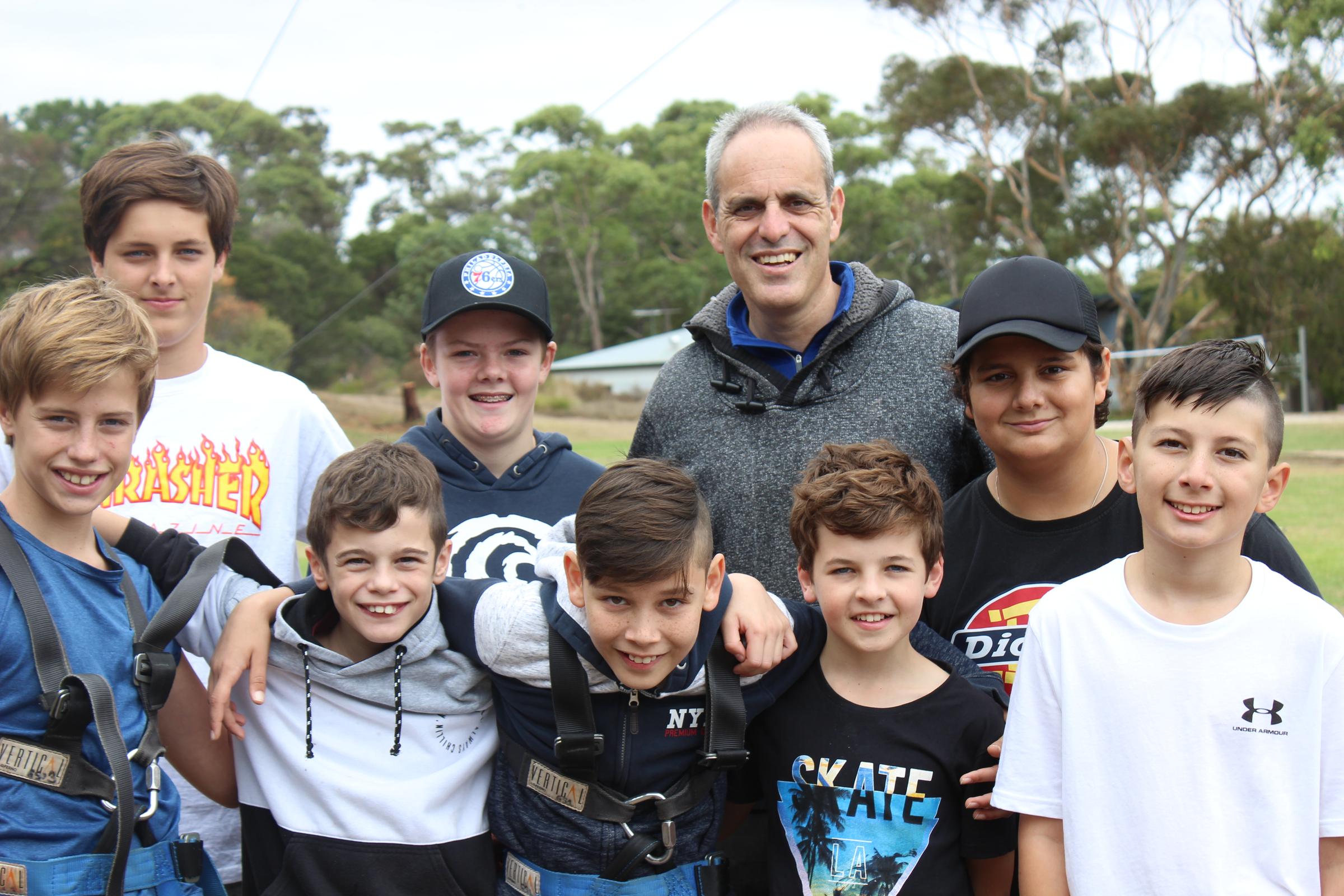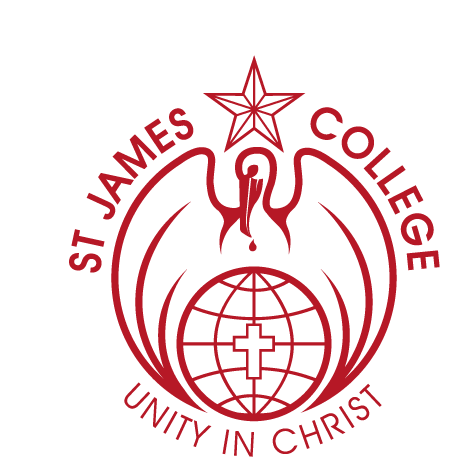Student Wellbeing

Why Struggle is Essential for our Brain – and our Lives
Jo Boaler is a Professor of Education at Stanford, and author of a new book titled ‘Limitless Mind: Learn, Lead and Live without Barriers’.
In this article, I will attempt to capture her views on why struggle is important to our brains and our lives.
Jo shares research showing that struggling is absolutely critical to mastery and that the highest achieving people in the world are those who have struggled the most. Neuroscientists have found that mistakes are helpful for brain growth and connectivity and if we are not struggling, we are not learning. Not only is struggle good for our brains but people who know about the value of struggle improve their learning potential.
This knowledge is probably not earth shattering to you, but it does challenge the instinct of parents and teachers, to jump in and rescue or prevent our young people from experiencing struggle.
The author talks about her experiences teaching maths in middle school. There was one students who stood out. This boy was almost always wrong in his thinking, but he was always engaged, arguing his case, pushing to understand better. An observer in this class would have described this boy as a low achiever, but he improved more than any other student in that class. Her message to her students was – struggle is to be valued and mistakes are productive. This is how this young boy learnt to feel good about struggle and embrace it.
She tells students that struggle and mistakes are the best times for our brains. Students who don’t give up on problems when they find them hard, usually push through the struggle to the wonderful places on the other side. When I student says to her ‘This is hard”, she replies “That is fantastic. That feeling of ‘hard’ is the feeling of your brain developing, strengthening and growing”.
It is also hard to achieve anything creative, without being comfortable with mistakes and struggle. A mindset of discovery and curiosity is proving more valuable than knowledge. When we approach different jobs and conversations with a comfort of uncertainty and struggle, with a willingness to learn from others, and a flexible approach to problems, outcomes improve – in learning and in life.
Most students start the school year with some excitement for what they will learn. But as soon as they struggle or see someone solve a problem with ease, they start to doubt themselves and mentally shut down. This starts a less productive learning pathway for them. Instead they should value the time of struggle and know that they are on their way to being better, wiser and equipped with a stronger brain. Getting answers right is OK, being stuck and finding them hard is fantastic.
George Vlamakis
Student Counsellor
